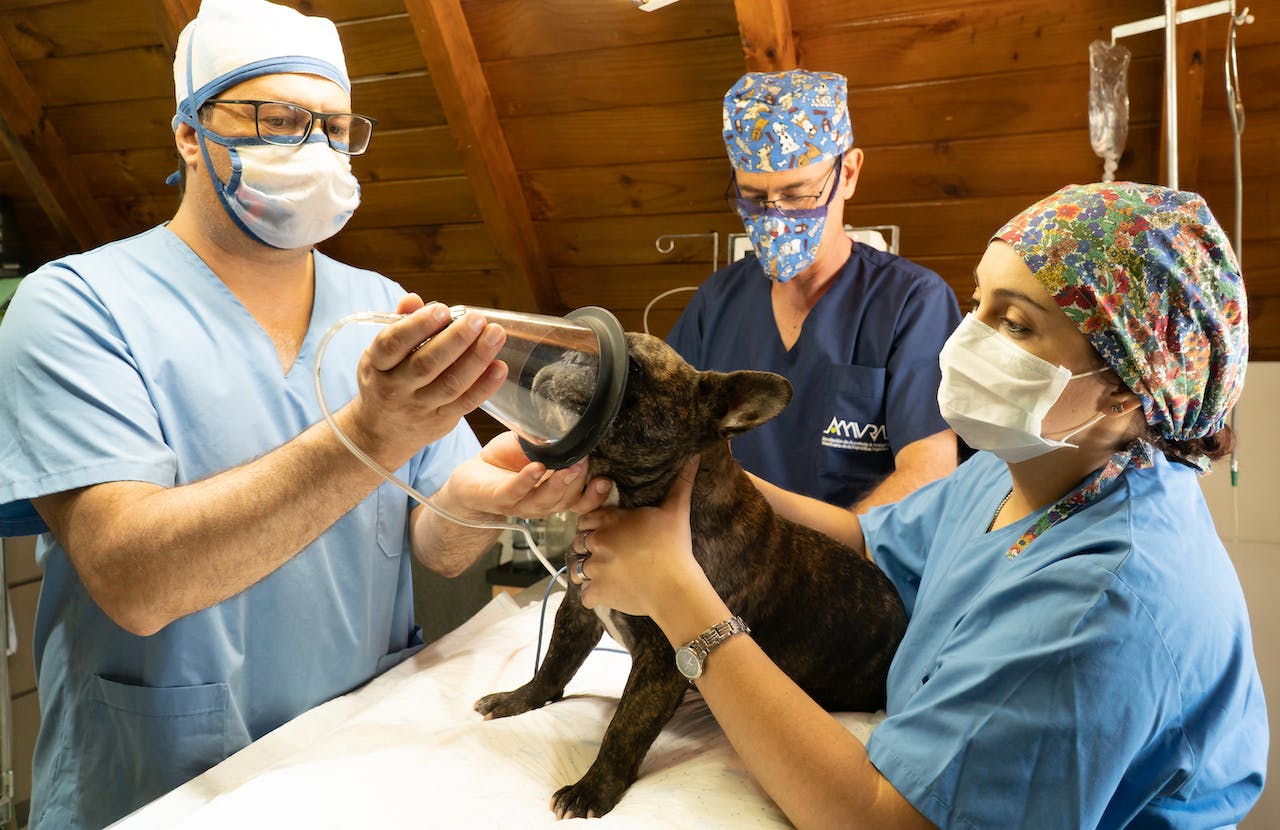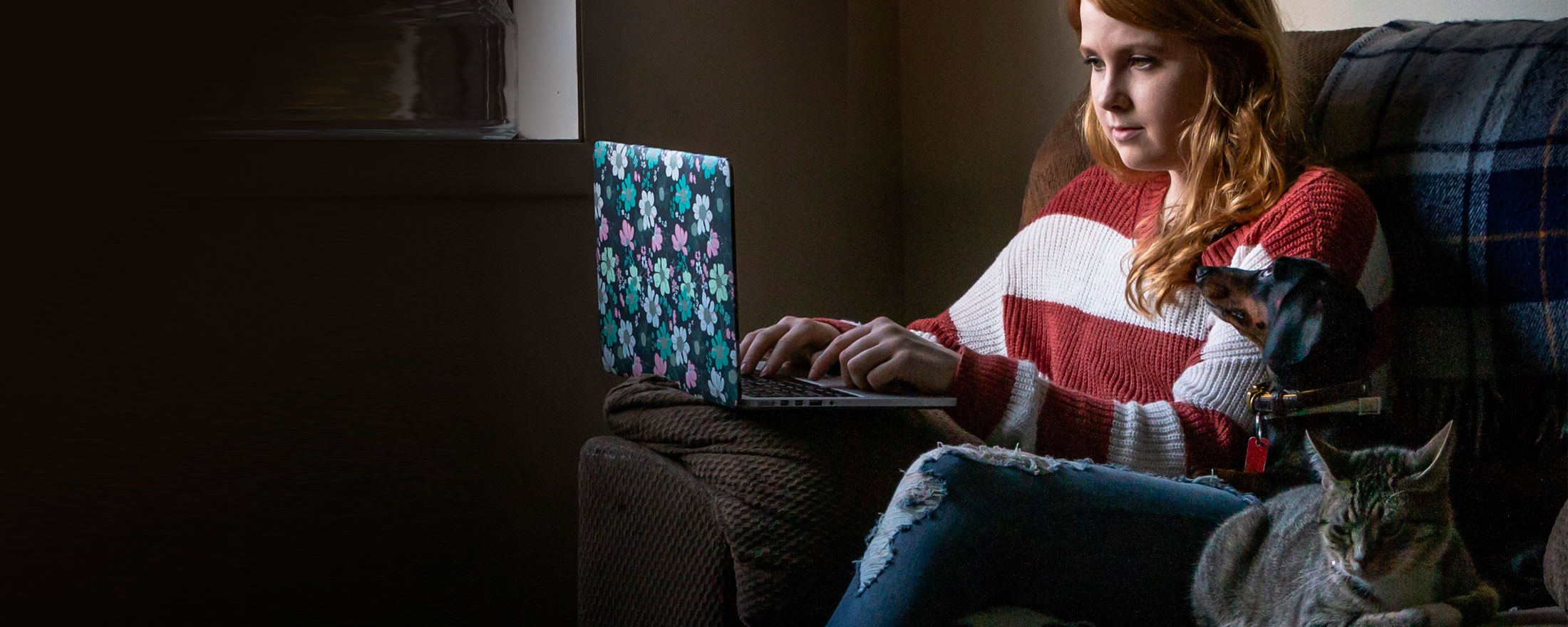
21 Nov Is It Safe for My Pet to Have General Anesthesia for Dental Care?
Many owners are concerned about the safety of putting their pet under general anesthesia for a dental procedure and we understand how stressful that can be. We have covered the risks of anesthesia-free dentistry in an earlier blog post, but what does it mean for pets to have general anesthesia and how do we assess the risks and benefits?
Assessing the Risks of General Anesthesia for Pets
Most of the pets we see who need oral surgery are not young and healthy. Periodontal disease and oral cancer are two conditions that are more common in older pets. Patients are referred to us for advanced procedures such as root canal treatment and jaw fracture repair, but they are also referred to us because of special anesthetic needs. Common conditions in older patients include heart murmurs and chronic kidney disease, but we may also need to anesthetize patients who have a variety of health issues including diabetes, seizures, or congenital heart defects.
Testing and Evaluation
To assess the risk of general anesthesia for a dog or cat, you might be surprised to know that age itself is not the most important factor. While pets at either end of the age spectrum may have different needs, it’s the actual health status and level of frailty that are important. Any pet who has not had recent blood work will have testing performed to assess kidney and liver function and cell counts. Chest x-rays are helpful for assessing older patients. Any dog or cat with a heart murmur should be evaluated by a cardiologist. Dogs and cats may have genetic variations that affect how they metabolize drugs. The MDR1 gene (multidrug resistance) is an example. For information on testing for this mutation, see MDR1 testing.
Each cat and dog that we see is evaluated based on their health status, history of anesthesia, oral health, and stress level. During your pet’s consultation, we can help determine if an anesthetic procedure is necessary and discuss your concerns. For each patient, the attending veterinarian creates an individualized plan that may include oral medication that is given the night before and the morning of a procedure to help decrease anxiety.
What to Expect
On the day of a procedure, all patients receive appropriate pre-medications that help decrease pain and IV fluids to help maintain blood pressure. While under anesthesia, our licensed technicians use multi-parameter monitors to record heart and respiratory rate, heart rhythm, tissue oxygenation, body temperature, end-tidal CO2, and blood pressure. If needed, we can monitor blood glucose for diabetics and potassium levels for greyhounds. Any patient undergoing oral surgery will have a local anesthetic (nerve block) given to numb the surgical site which allows us to use less general anesthetic. We use a combination of inhalant gas and constant rate infusions (CRI’s) to maintain an appropriate level of anesthesia. Post-operative pain relievers are available in pill and liquid forms, and we can tailor the plan according to what is easiest for the pet owner to administer. If necessary, patients can be kept on oxygen during recovery.
Veterinary Dentist in Fort Collins, Colorado
At Animal Dental Care & Oral Surgery, we offer the care of a board-certified anesthesiologist for your pets. Dr. Martin Kennedy is on call for any anesthetic complication. We can also have Dr. Kennedy consult on a case, create the anesthetic plan, and monitor remotely by connecting to our anesthetic monitor. Dr. Bonnie Wright is available for in-person consultations, anesthetic plans, and monitoring. For more information about our anesthesiologists, see Meet Our Doctors.
If you are having difficulty deciding if your pet needs an anesthetized procedure, or if you know that they do but are concerned about anesthetic safety, please don’t hesitate to contact us so that we can answer your questions. In many cases, it can help if our doctors have a chance to review your pet’s medical records first so that we have the best information available. We can also help arrange any additional pre-anesthetic testing and during a consultation, assess your pet’s anesthetic risks. We are here to help you and your pet!
Images used under creative commons license – commercial use (11/21/2023). Photo by JUAN FIGUEROA on Pexels



